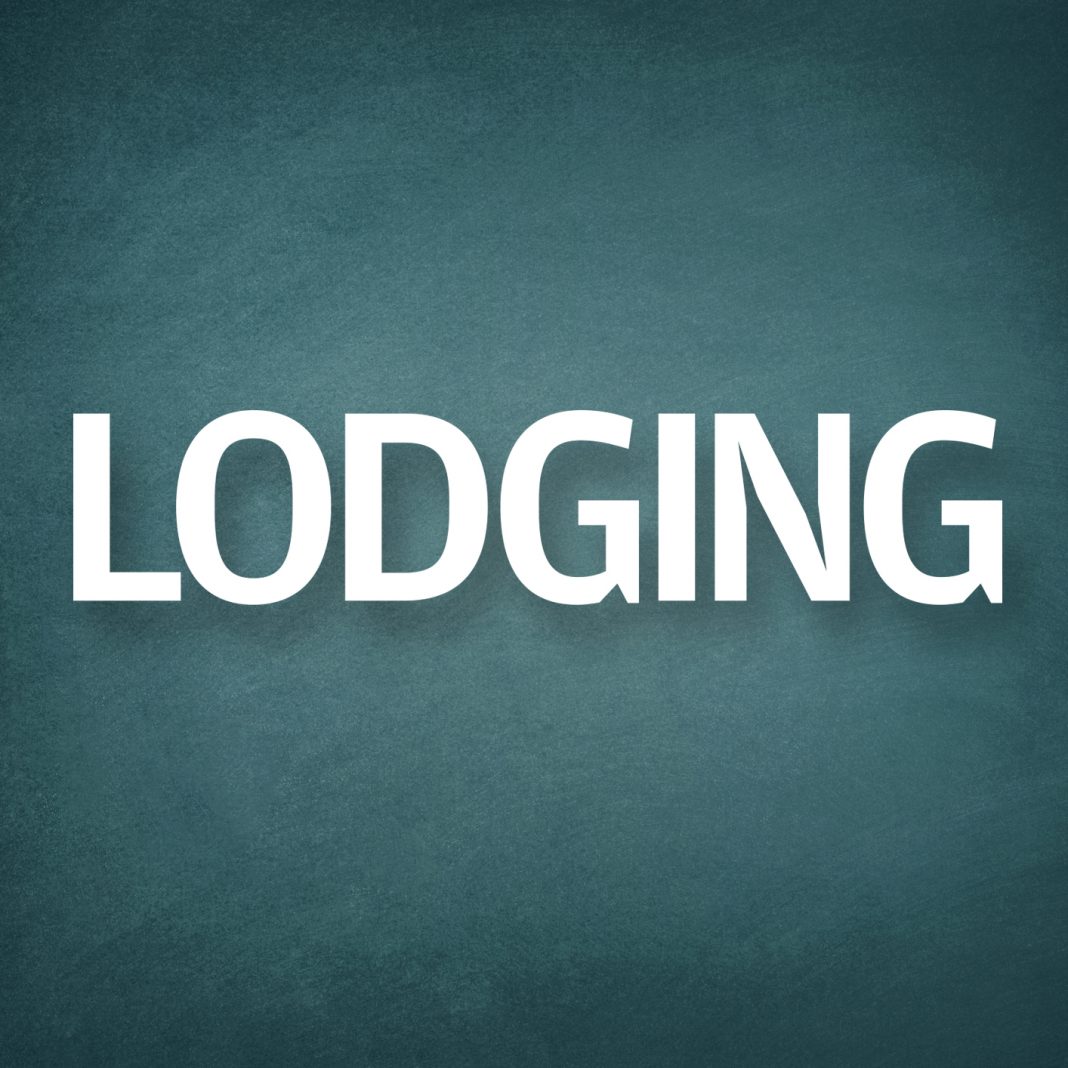What is personalization today? Clarifying hospitality’s most misunderstood term

Personalization has taken hospitality by storm, and savvy hoteliers have tapped into what that means when delivering it to guests. In hospitality, personalization is defined by the hoteliers’ ability to fulfill guests’ specific needs and desires by providing a bespoke experience to the best of their ability. From their perspective, this requires building detailed profiles of individual guests, communicating with them regularly and exploring new ways to meet or exceed their expectations through targeted services and add-ons.
Fulfilling guest personalization seems like a win-win from a satisfaction and revenue generation perspective, but is there such a thing as giving travelers too much control over their stay experience? In recent years, many hoteliers have wondered aloud if our industry has gone overboard with personalization efforts. While currently the ideal of a “fully personalized” stay is only possible at hotels with the offerings and the operational ability to make it happen, guests have come to expect some level of enhanced service or customizability thanks to the abundance of technology and data on their preferences.
Personalization trends impact everything in hospitality, from design and operations to marketing and positioning. Research shows that this pursuit is not in error. A study published by Medallia in early 2024 found that 61% of consumers are willing to spend more for personalized experiences. Younger generations are leading the push for personalization as they seek experiences relevant to their interests.
For hotels just getting started in exploring personalization, the prospect of bringing a fully personalized stay to life can be daunting. But it’s important to remember that, sometimes, the essence of personalization lies in simply providing guests with a choice. Leisure travelers may value a great balcony and view, but business travelers may never touch the balcony door. However, the more hoteliers provide personalized experiences to guests, the greater their potential for monetization of high-value features and, in turn, revenue growth over time.
Beyond checking boxes
It’s invaluable for hotels to understand the guest’s perspective on personalization. Guests are primarily concerned with meeting their basic needs and wants. For instance, if they are traveling for business, they might consider it important to select a room farthest from the elevator to avoid noise and get a good night’s rest. Hotels need to find ways to fulfill these requests whenever possible, and once they start, they must consistently reinforce these experiences. This could require close attention to guest booking decisions or may be based on conversations between travelers and hotel staff during their stay.
Hotels must also consider the impact of personalization options on the booking process. When creating filters for guests, such as guestroom location or the availability of a tub, it’s important not to make a situation where all room searches return as “unavailable” due to a guest requesting “nice-to-have” amenities that eliminate available accommodations due to missing fringe attributes. If a guest chooses to filter rooms with tubs, leaving them with no options, they will more likely change properties than spend time fiddling around with filters—particularly if it’s not clear which preference is causing the issue.
To intelligently serve guests’ preferences, hotels must understand demand and price sensitivity by product. This includes segmenting by room type, rate range or available packages. Additionally, hotels must leverage their revenue management system to understand potential upselling opportunities related to guest preferences or expectations. This process helps hotels glean the profitability of each guest and helps manage channel costs by targeting guests with specific interests.
Service delivery from the top down
From the operator’s perspective, there are three main questions they should ask themselves:
- Can I consistently deliver on my hotel’s promises, and can I do so profitably?
- How will these choices or options for guests impact my conversion or booking behavior?
- What are the operational implications of guest personalization?
In addressing these questions, hotels can find new ways to leverage personalization trends into achievable revenue-generating strategies. For example, hotels may be able to identify the experiences or personalization choices that indicate a propensity for additional “add-on” spending. These could include food & beverage or transportation packages, exclusive access to nightlife or family-friendly activities near the hotel. The closer these elements can be tied to the hotel booking process, the more likely guests will associate the entire experience with their stay.
Hotels must also consider the booking experience when deciding which guest preferences they are prepared to accommodate. Offering guests an overabundance of choices during booking can lead to “cart abandonment” or cause pricing issues when multiple guests aim to book similar specific experiences.
Privacy is another key consideration with personalization efforts. As guests share more personal information to receive their ideal stay experience, the risk of that information spilling online should a hotel’s system become compromised increases. Hotels with access to a solid, integrated, and secure tech stack allow revenue managers to identify their guest types, understand their needs and seamlessly deliver the correct offers or experiences to them at the time of booking.
In many cases, guests simply want control over the number of choices they can make through a personalized experience. Just like some consumers enjoy premade meals and others prefer to cook for themselves, travelers want to choose the level of personalization they experience on the road.
Hotels have made great strides in delivering these experiences. Often, operators find themselves waiting for guests to catch up and acknowledge how groundbreaking it really is to choose their own room. Travelers are no longer fully at the mercy of the hotel when they are assigned a room, and this is a miraculous leap forward for hospitality personalization. At the end of the day, as long as they are satisfied, everyone is happy.
Klaus Kohlmayr is the chief evangelist & development officer at IDeaS Revenue Solutions.
This is a contributed piece to Hotel Business, authored by an industry professional. The thoughts expressed are the perspective of the bylined individual.
The post What is personalization today? Clarifying hospitality’s most misunderstood term appeared first on hotelbusiness.com.


